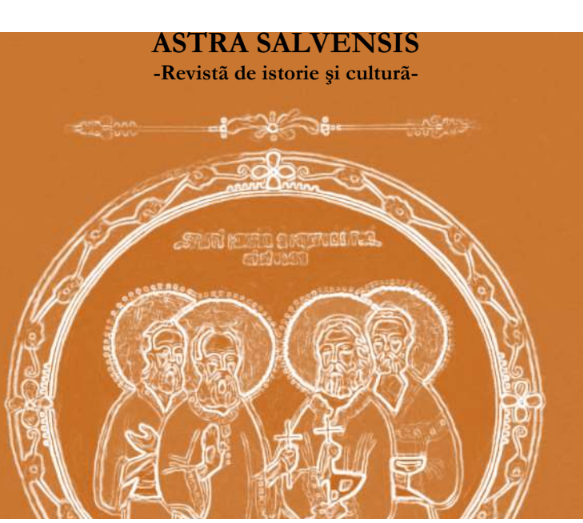CONSTITUTIONAL LEGALITY AS A LEGAL REGIME FOR THE EXERCISE OF STATE POWER IN COUNTRIES IN TRANSITION DEMOCRACIES (POST-SOVIET STATES)
CONSTITUTIONAL LEGALITY AS A LEGAL REGIME FOR THE EXERCISE OF STATE POWER IN COUNTRIES IN TRANSITION DEMOCRACIES (POST-SOVIET STATES)
Author(s): Bohdan Kalynovskyi, Kateryna Ya. Sokh, Oksana V. Kulchytska, Pavlo O. KolomiitsevSubject(s): Law, Constitution, Jurisprudence, Constitutional Law, Civil Law, Government/Political systems
Published by: Asociaţiunea Transilvană pentru Literatura Română şi Cultura Poporului Român - ASTRA
Keywords: judicial law enforcement: the Constitutional Court; the rule of law; court decision;
Summary/Abstract: The study considers the problem of constitutional legality as a legal regime of state power in the countries of transition democracies (post-Soviet states). Conceptual approaches of constitutional legality as a special property of laws influencing the development of a democratic constitutional system are considered. The purpose of the study is to investigate the legal nature of constitutional legality and the variety of its manifestation in the dynamics of public relations, in particular, in the mechanism of state power, the activities of judicial bodies and constitutional review bodies. The chosen methodology: dialectical, systemic, interdisciplinary, intersectoral research methods helped to most fully and accurately determine the essential features of constitutional legality as a special property of legal law. The study covers the practical significance of constitutional legality through its feature – a special legal regime that permeates all social relations: from the creation of the constitution to law enforcement during the restoration of any sectoral rights of individuals. It is stated that there are few definitions of constitutional legality in the doctrine and it is concluded that constitutional legality is closely related to democracy and the principle of constitutional order. It is proved that constitutional legality is a complex social and legal phenomenon, which has relatively independent features and is a property objectively inherent in the social order of a democratic state. It is substantiated that ensuring constitutional legality lies in the direct effect of the provisions of the Constitution, as each subject of constitutional and legal relations can be directly guided by the provisions of the Fundamental Law and, on their basis, refer to relevant institutions to protect their rights and freedoms. An original definition of constitutional legality is developed: an actual functioning system of constitutionalism, a complex phenomenon, which lies in strict observance of the constitution and its provisions during its direct action and law enforcement by all public authorities, public organisations, officials of all levels and citizens, courts and is an integral feature of the constitutional system as an inseparable component of legality, through which the principle of legality in a democratic state governed by the rule of law is fully implemented and the stability of legislation is enhanced (which, unfortunately, the transition countries lack)
Journal: Astra Salvensis - revista de istorie si cultura
- Issue Year: X/2022
- Issue No: 19
- Page Range: 97-114
- Page Count: 18
- Language: English

